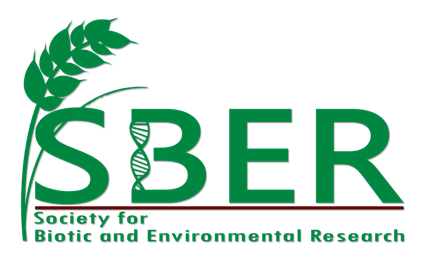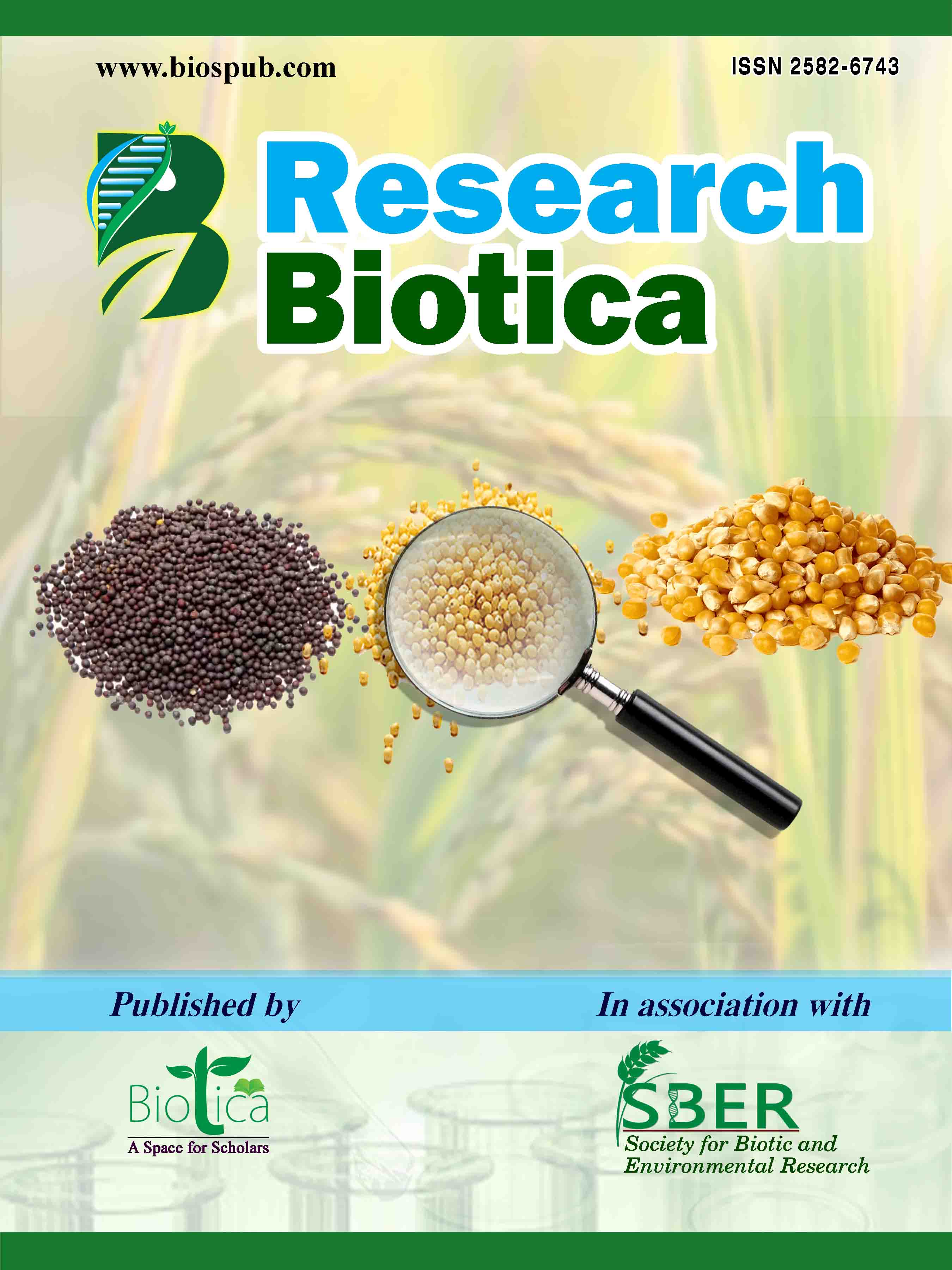Methane and Its Reduction in Ruminants
Keywords:
Global Warming, Methane, Mitigation, RuminantsAbstract
Methane is a potent greenhouse gases responsible for global warming. Efforts have been made through research in last decade by the animal nutritionist for finding methods to reduce methane emissions. Since global warming potential of methane is 23 times higher than carbon dioxide, so reduction in methane emission can impact the global warming at early. The strategies should be lower methane production by our livestock. Various strategies like genetic selection for production traits, feeding of highly digestible forages, use of feed additives, rumen manipulation and ration balancing will reduce enteric CH4 emissions and cause an increase in animal performance by conserving energy and reducing feed costs associated with animal maintenance.









 |
|